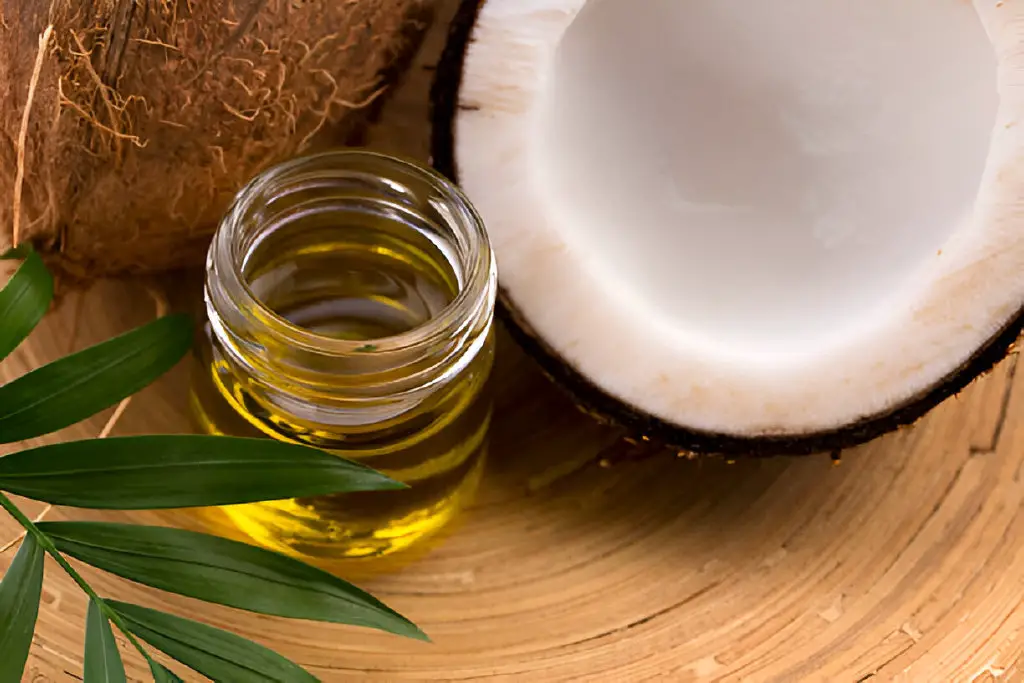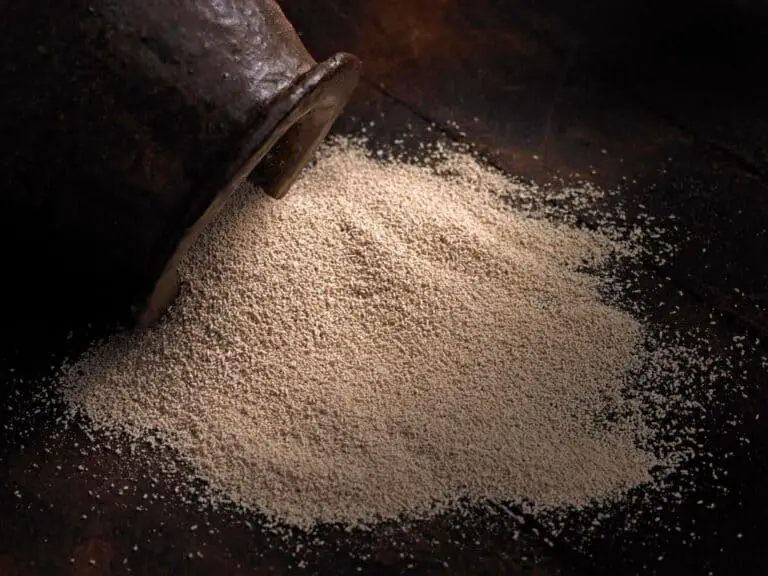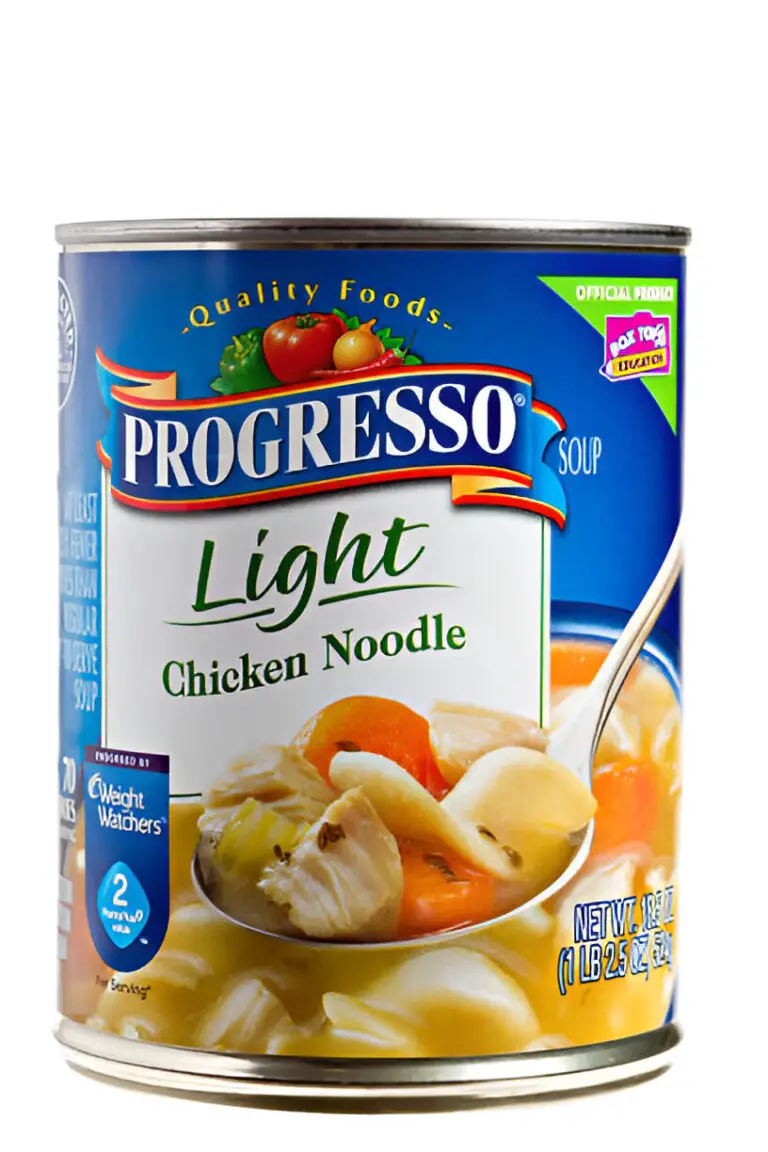Can Coconut Oil Go Rancid? Understanding Its Shelf Life

Coconut oil has become a staple in many households due to its versatile uses and numerous health benefits. It’s praised for its ability to improve cooking, baking, skincare, and hair treatments. The oil is natural and enhances both beauty and cooking. However, like all oils, coconut oil has a shelf life and can go rancid over time.
Have you ever wondered if that jar of coconut oil in your pantry is still good to use? How can you tell if it’s gone bad? These are common questions that arise when dealing with pantry staples. Knowing the signs of rancidity is key. It helps you make the most of this valuable ingredient. And, knowing how to store coconut oil well is also key.
By reading this article, you’ll learn how to find rancid coconut oil. You’ll also learn about the factors that affect its shelf life and tips for keeping it fresh. This knowledge will not only ensure the quality and safety of your coconut oil but also help you maximize its benefits in your everyday life.
Can Coconut Oil Go Rancid?

Yes, coconut oil goes rancid. However, it has a long lifespan if stored properly in an airtight and well-sealed container. Hence, once it has expired and has developed some signs of spoilage, consider throwing it away.
Expired coconut oil can harm your health. It can cause increased body inflammation due to the free radicals from the reaction of oxygen with the oil’s ingredients. This raises your risk of heart diseases.
Generally, a “best-by” date is stamped on the products’ packaging, this date ranges from two to four years after the production day. Hence, once you open the product, its quality will start decreasing with time. This will take months or years to happen.
Moreover, the quality of coconut oil defines its shelf life. We have two types of coconut oil, refined and virgin coconut oil. Refined coconut oil has chemicals added for extraction and purification. But, no chemicals are added to virgin oil.
So, virgin coconut oil might last longer when compared to refined coconut oil. The reason behind its rancidity is the high-fat content of coconut oil. Saturated fat consists of 80% of the fat present in coconut oil. Once the unsaturated fat in the coconut oil is oxidized, it forms a chemical product, called peroxide, which gives the oil a rancid smell and taste.
Shelf Life of Coconut Oil
Coconut oil is known for its versatility and long shelf life, which can vary depending on its type and storage conditions.
1. Types of Coconut Oil:
- Refined Coconut Oil: Typically lasts about 18 to 36 months.
- Virgin Coconut Oil: Can last significantly longer, often between 3 to 5 years due to its less processed nature
2. Factors Influencing Shelf Life:
- Storage Conditions: Coconut oil should be stored at room temperature in a sealed, ideally airtight container. Exposure to air, light, heat, and moisture can accelerate spoilage.
- Climate: Extreme temperatures can affect the oil’s longevity. In hot climates, refrigeration might be considered, although it makes the oil harder to use.
How to Tell if the Coconut Oil Has Gone Bad?
Many spoilage signs indicate the rancidity of your coconut oil. One of the signs is the discoloration of coconut oil. Usually, this oil has a white color, when it becomes spoiled, it turns yellow or green, or dark spots can develop within the product.
Moreover, the smell of the product will change and turn sour instead of the coconutty odor and aroma. Additionally, the taste, as well as the smell, will change and become bitter and sour. Also, the texture of the oil will turn from smooth to chunky.
Rancid coconut oil may become chunky or curdled. But, texture changes from temperature are normal and not worrisome.
Also, mold might grow on the top of your coconut oil jar. Do not remove it and use the moldy coconut oil in your recipe. Bacteria have already grown in it and some toxins might be there.
Finally, check for the expiration date or the “best-by” date. If many years have passed since the expiration date, do not eat the coconut oil or use it in your dishes. It might be oxidized, which could harm your health.
How to Store Coconut Oil to Extend Its Shelf Life?
First of all, for proper storage of coconut oil, make sure you are keeping it in a well-sealed and air-tight container. So, reseal your container well after you use it. This will keep oxygen from the oil and contaminants from the jar.
Second of all, the most important factors to take into consideration when storing your coconut oil are the light and the temperature. To keep your coconut’s oil quality for a long time, keep it in a cool, dark place, far from any source of heat or direct sunlight exposure.
You can keep your coconut oil in the fridge, but it is not necessary to do it. However, at low temperatures, the oil will solidify and become hard. Additionally, refrigeration can increase the shelf life of your coconut oil and decrease its rate of spoilage.
Keep your coconut jar in a specific place to avoid temperature and texture fluctuations and changes. These fluctuations can increase the chances of developing chemical reactions in the product.
Once you want to scoop from the coconut jar, make sure you are using a clean utensil. Dirty utensils can add bacteria and germs to your coconut oil. This raises its chance of getting rancid and reduces its shelf life.
What Are the Benefits of Coconut Oil?
Coconut oil is rich in antioxidants. These include tocopherols, tocotrienols, phytosterols, flavonoids, and polyphenols. So, these compounds help in fighting free radicals naturally produced by the body and those coming from ingested food.
Coconut oil might reduce the symptoms of Alzheimer’s disease. When consuming fat instead of carbs, the body burns fat for energy. This leads to ketone bodies. These compounds were found to reduce Alzheimer’s symptoms.
Coconut oil is used in many skin and beauty products and cosmetics. It has been found that coconut oil can boost your skin’s moisture and protect it against external agents. Also, coconut oil can reduce the symptoms of many skin diseases and problems.
Conclusion
In this brief guide, we discussed the following question, “can coconut oil go rancid?”, and other queries related to this topic.
References
https://www.masterclass.com/articles/does-coconut-oil-go-bad#does-coconut-oil-go-bad






